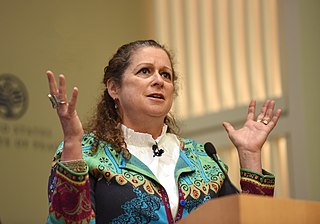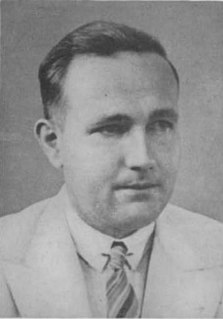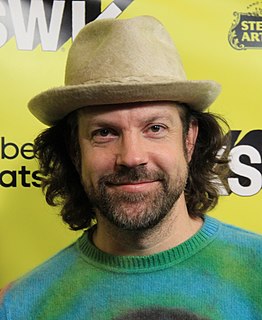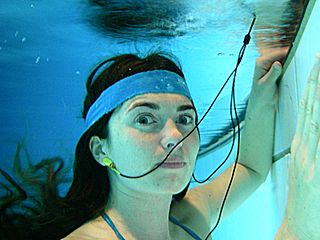A Quote by Michael Crichton
Grant knew that people could not imagine geological time. Human life was lived on another scale of time entirely. An apple turned brown in a few minutes. Silverware turned black in a few days. A compost heap decayed in a season. A child grew up in a decade. None of these everyday human experiences prepared people to be able to imagine the meaning of eighty million years - the length of time that had passed since this little animal had died.
Quote Topics
Able
Animal
Another
Apple
Black
Brown
Child
Compost
Could
Days
Decade
Died
Eighty
Entirely
Everyday
Experiences
Few
Geological
Geological Time
Grant
Grew
Grew Up
Had
Heap
Human
Human Experience
Human Life
Imagine
Knew
Length
Life
Little
Lived
Meaning
Meaning Of
Million
Million Years
Minutes
None
Passed
People
Prepared
Scale
Season
Since
Time
Turned
Up
Years
Related Quotes
There are very few people who have committed more to the pro-life discourse than Rob has. He's spent time in jail. He has really lived it. He has committed everything he's had to it. If in fact he believes that every human life was sacred, I knew that if he had his conscious awakened, I knew he wouldn't be able to close his eyes to it.
Experiments in geology are far more difficult than in physics and chemistry because of the greater size of the objects, commonly outside our laboratories, up to the earth itself, and also because of the fact that the geologic time scale exceeds the human time scale by a million and more times. This difference in time allows only direct observations of the actual geologic processes, the mind having to imagine what could possibly have happened in the past.
I had no money. I had no savings account.So I would bring down my color TV set, a Sears TV with a cable snaked into it - they had no video-in back in those days - and hooked it up to the circuit of very few chips and then a little keyboard you could type on. And I was trying to impress people with how did he do it with fewer chips than anyone could ever imagine?
The only power source a book needs is you. If you have to leave for a few minutes you have not lost the story. It is waiting for you when you return. You can pick up a book and resume reading at any time, after a few minutes, a few days, even a few years. A television picture or a movie might be lost forever, but your book is waiting.
I didn't really want to be an actor when I was growing up - I wanted to be whatever I was reading about or seeing at the time. When I read The Firm I wanted to be a lawyer; when I saw Top Gun, I wanted to be a fighter pilot. So that's why acting probably turned out to be a good thing for me because I get to be people for five minutes or 90 minutes. I'd be curious to see if I had the attention span to be like those guys on 30 Rock and play the same character season after season.
We are all hostages of time. We each have the same number of minutes and hours to live within a day, yet to me it didn't feel equally doled out. My illness brought me such an abundance of time that time was nearly all I had. My friends had so little time that I often wished I could give them what time I could not use. It was perplexing how in losing health I had gained something so coveted but to so little purpose.
Our life is made up of time; our days are measured in hours, our pay measured by those hours, our knowledge is measured by years. We grab a few quick minutes in our busy day to have a coffee break. We rush back to our desks, we watch the clock, we live by appointments. And yet your time eventually runs out and you wonder in your heart of hearts if those seconds, minutes, hours, days, weeks, months, years and decades were being spent the best way they possibly could. In other words, if you could change anything, would you?
Between the time I was 16 until I was about 20, the books I read were by people like Thomas Mann, James Baldwin, Thom Gunn, Elizabeth Bishop. All gay, of course, although I swear I didn't know that at the time. Yet all of them, it turned out, had had a parent who died during their childhood. Sexuality is nothing compared to that.
Well first of all I was nine weeks pregnant at the time and no one knew it. So it was - it had a whole other meaning for me not just because I had to let the dress out, you know, every few days before the actual day. But, you know, because that was the, you know, more important than anything else that was going on in my life. But in terms of actually winning I think I had been nominated four or five times before then. And every one of my co-stars had won up until that point.
I became an air display pilot. I used to teach it. I was an examiner for a few years as well. It was great fun. I would still be doing it now if pretty much everyone I knew who was doing it hadn't died. In the first team I joined there were six people in it. By the time I stopped, there was only me and one other left - everyone else had died.



































